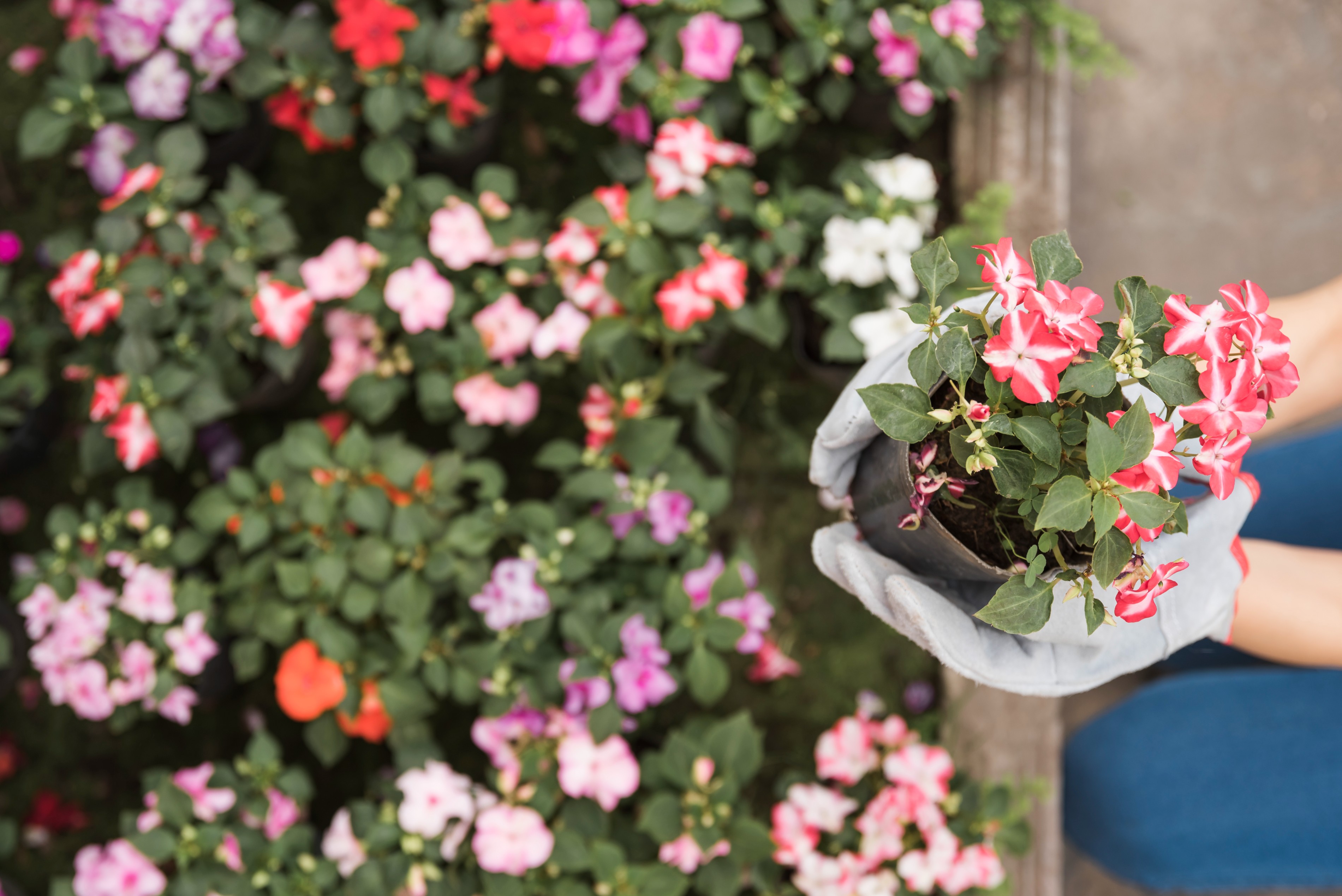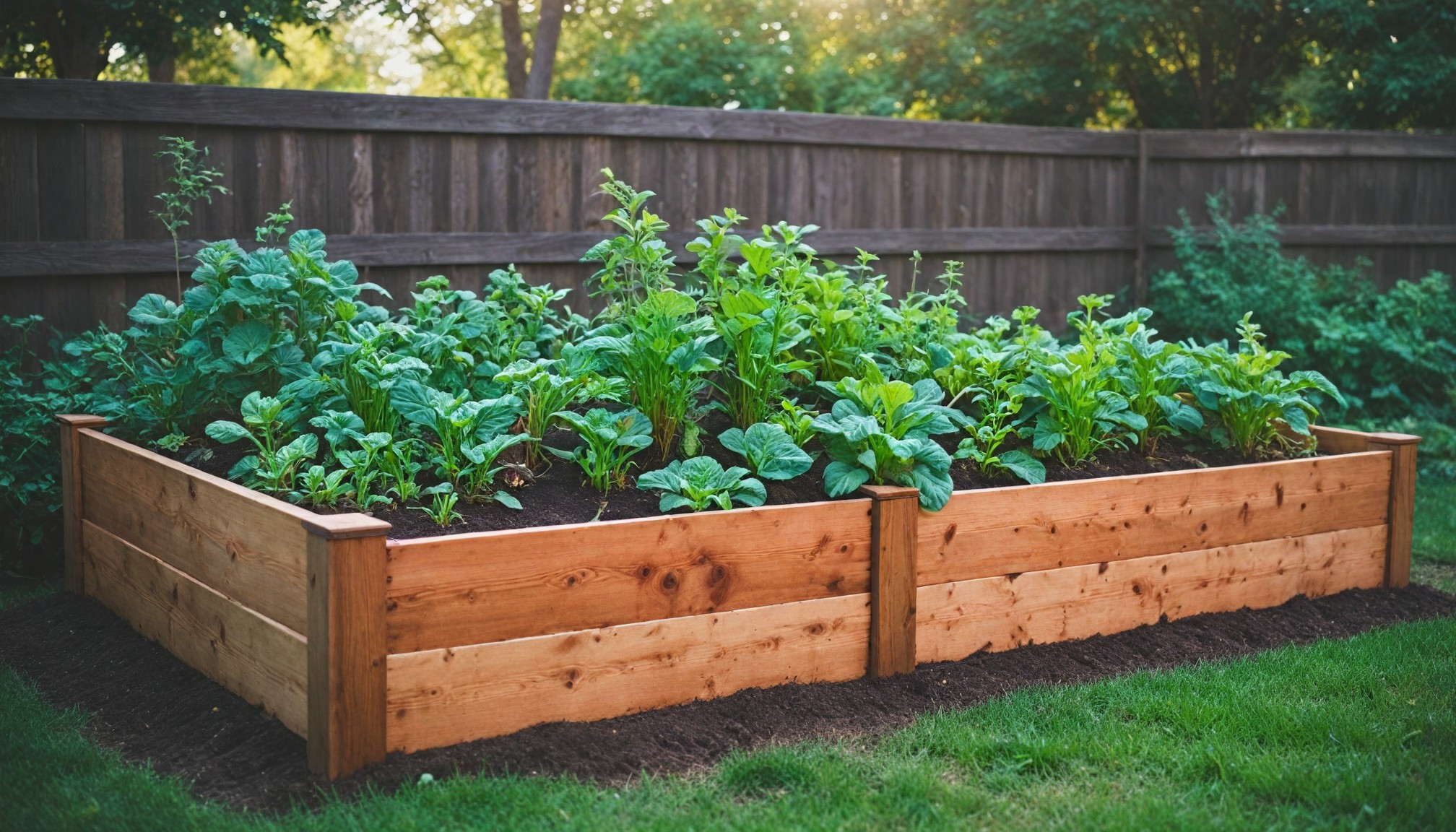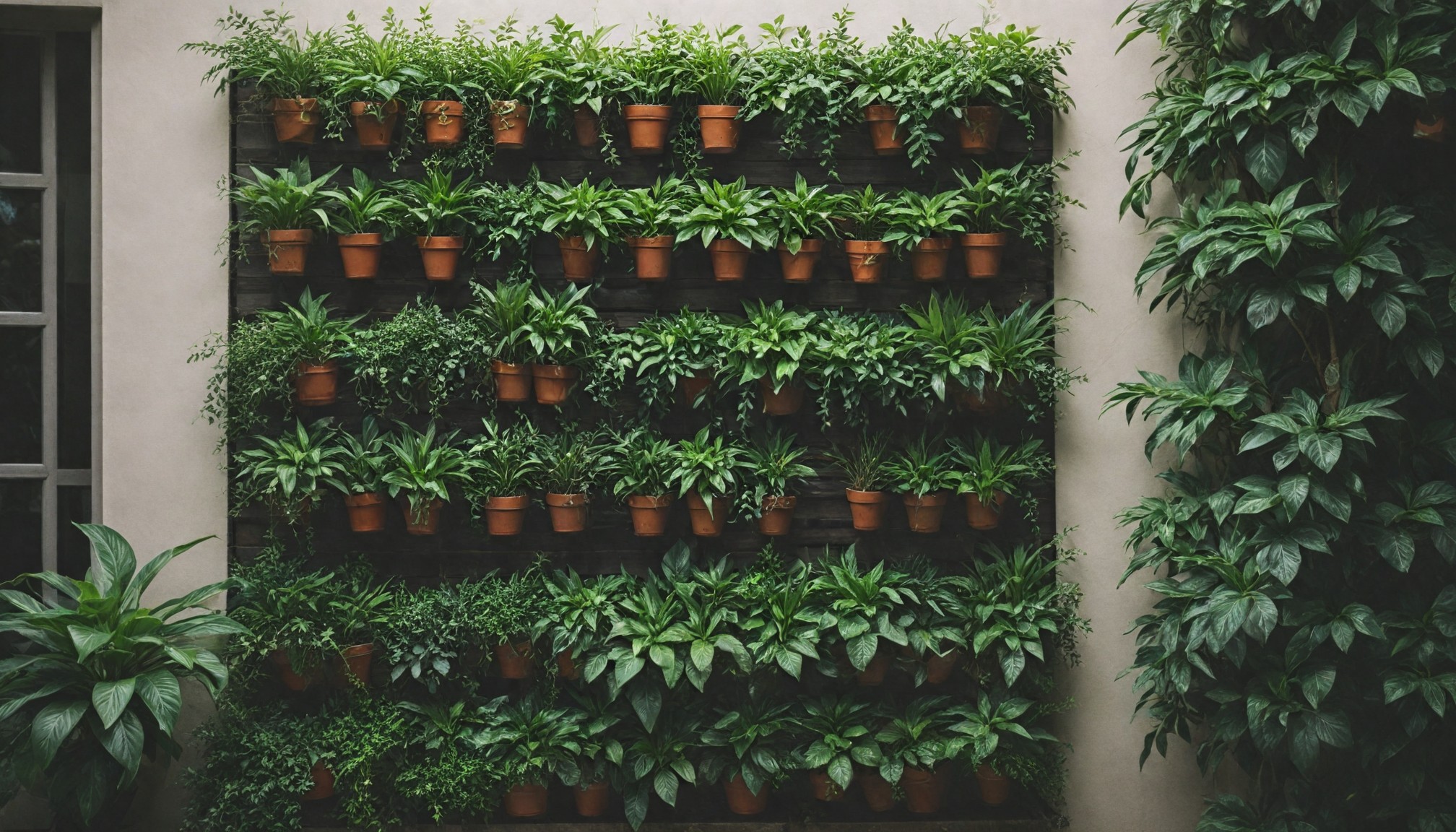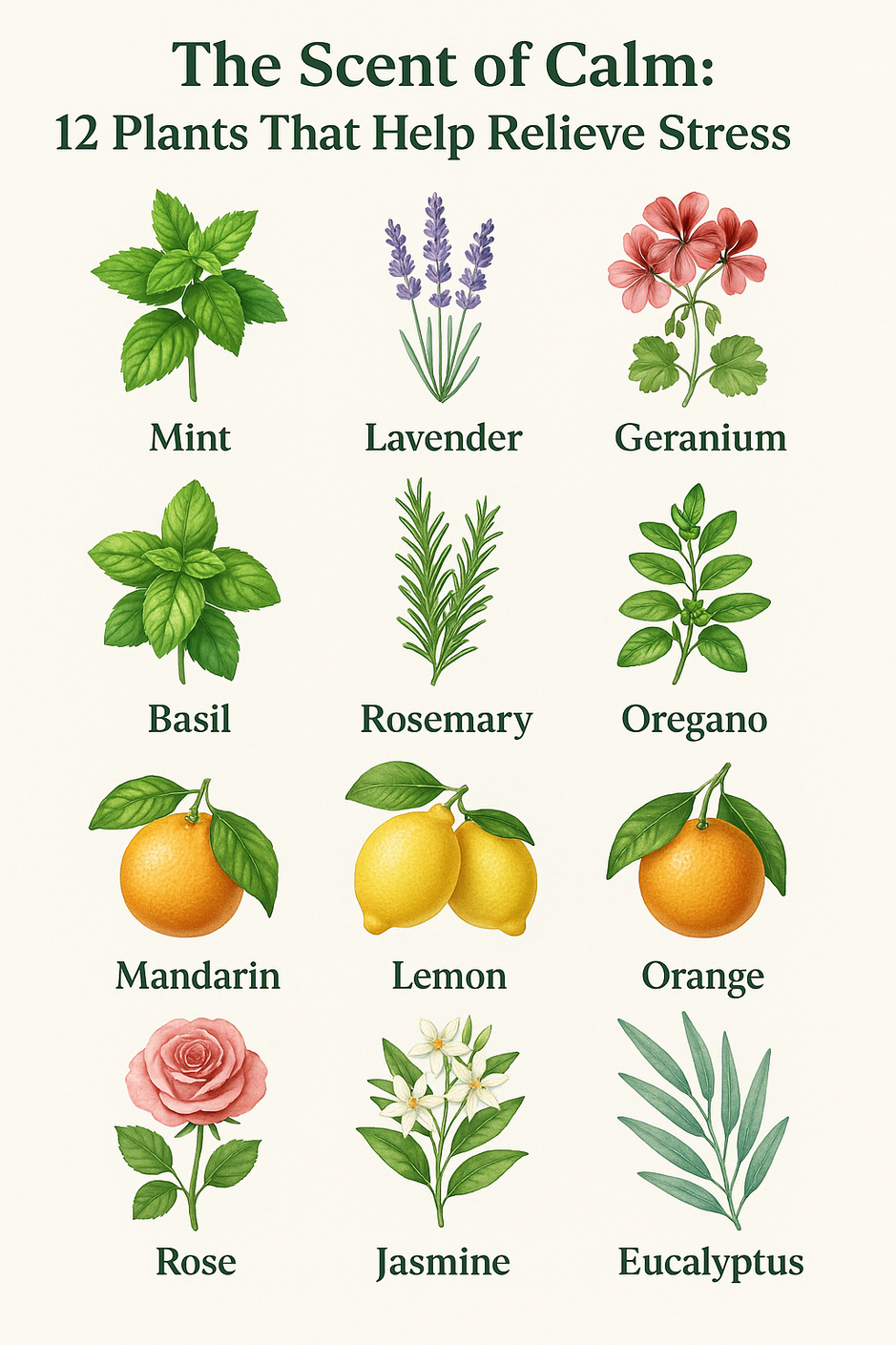
Feng Shui: Plants in the Garden
Trees in the Garden
It is best to plant trees with a rounded crown in the garden, as they will harmonize with the other elements of the garden. If you do not live in a mountainous area, you should avoid planting tall, conical trees like spruces and cypresses. In temperate regions, lime, maple, elm, and fruit trees such as apple and cherry are ideal.
If you acquire a plot of land that already has trees, avoid removing older, mature ones whenever possible. Cutting down such a tree is considered bad in terms of feng shui. It should only be done if the tree or large shrub is dying or diseased.
Decorative Plants and Hedges
A very favorable feng shui can be created in the garden by planting plants with succulent (fleshy) or semi-succulent leaves, which store large amounts of moisture.
A bamboo bush symbolizes the strong health and longevity of the house's inhabitants. Dwarf pines and evergreen shrubs also serve as symbols of longevity, and many varieties have beautiful forms and diverse colors that should be considered when planning the garden.
Cacti or other thorny plants may create an atmosphere of tension and aggressiveness if planted in the garden. You can place cacti in pots on either side of the house entrance. In this case, they will act as symbolic "guardians," warding off evil spirits and protecting from thieves.
Hedges are very beneficial in the garden. They help isolate individual sections with soft lines, unlike the sharp ones created by stone walls and wooden fences. A hedge, such as a beech one, should look natural. If you trim it too frequently, giving it a rigid rectangular shape, it will be considered unfavorable for the garden from a feng shui perspective.
Creeping plants can soften the sharp corners of buildings, preventing the negative effects of Sha energy. Clematis and honeysuckle are ideal for this purpose. However, do not let them grow too much and block the sunlight from windows. It is essential to prevent plants from encircling the house on all sides, as this can entangle and suffocate its internal energy, potentially leading to illness and misfortune for its inhabitants.
Flowers
Flowers, especially those with a pleasant fragrance, are good at any time of year, both in the garden and inside the house. Flower aromas play a significant role in feng shui: they improve the quality of Chi energy and fill the garden with life energy.
In traditional feng shui, honeysuckle, lilac, and jasmine were most often used for their fragrance. Additionally, certain flowers were considered Chi energy stimulators, especially lotus, lavender, lilies, and sweet peas.
When choosing flowers for different areas of the garden, consider the cycle of elements. Red flowers in the southern sector will stimulate emotional energy and enhance your social life. If you want to advance in your career, plant blue flowers in the northern sector and complement them with white flowers. Strengthening romantic relationships can be achieved with white flowers in the west or various shades of green in the east.
Symbolic Meaning of Flowers
In China, as in many other cultures, different flowers were attributed with special meanings. Everyone is familiar with the red rose as a symbol of romantic love. Below is a small list of symbolic meanings of different flowers in modern feng shui art.
| Flower | Symbolic Meaning |
|---|---|
| Acacia | Secret love |
| Amaryllis | Pride |
| Anemone | Sincerity |
| Aster | Love and tenderness |
| Azalea | Femininity |
| Begonia | "Be cautious" |
| Bellflower | Humility |
| Bouquet of dried flowers | Rejected love |
| Camellia | Admiration |
| Carnation | Charm (red), innocence (white), refusal (yellow), "I'll never forget you" (pink) |
| Chrysanthemum | Love (red), truth (white) |
| Crocus | Cheerfulness |
| Cyclamen | Farewell |
| Daisy | Purity of intentions |
| Dandelion | Happiness and loyalty |
| Forget-Me-Not | True love |
| Freesia | Faith |
| Geranium | Foolishness |
| Gladiolus | Recognition of sincerity |
| Heather (white) | Joy of fulfilled desires |
| Holly | Happiness in the home |
| Hydrangea | Cold-heartedness |
| Hyacinth | Yellow-jealousy, red-repentance and regret, blue-constancy |
| Iris | Faith and hope, promise for the future |
| Ivy | Friendship, attachment |
| Lilac | Beauty |
| Lily | Purity (white), gratitude (yellow) |
| Lily of the Valley | Submission, humility |
| Magnolia | Dignity |
| Marigold | Jealousy |
| Mistletoe | Overcoming difficulties; attachment |
| Myrtle | Love |
| Nightshade | Truth |
| Orchid | Perfection |
| Pansies | Happiness |
| Peony | Compassion, sympathy |
| Petunia | Anger and bitterness |
| Poppy | Oblivion or consolation (white), success (yellow), pleasure (red) |
| Primrose | "I need you" |
| Rhododendron | Caution |
| Rose | Love and romance (red), purity (white), jealousy (yellow), love at first sight (thornless), grief or condolences (dark burgundy) |
| Snapdragon | Deception, trickery |
| Stock | Bonds of love |
| Sweet Pea | Departure with gratitude |
| Tulip | Luck (red), wish for love (yellow) |
| Umbrella Pepper | Indifference |
| Violet | Loyalty and virtue |
| Wallflower | Devotion, especially in hard times |
| Yellow Narcissus | Respect; "You are the one" |
Spices and Medicinal Herbs
Spicy and medicinal plants enrich the garden with a variety of scents, shapes, and colors. They can always come in handy in the kitchen and home pharmacy. In dishes and herbal teas, they help strengthen health and prevent various diseases. You can find many books on this topic in your library or bookstore.
Spicy aromas can also be used inside the home. For best results, it is better to use pure essential oils. When purchasing such oils, make sure they are not diluted with fillers.
A few drops in an incense burner or a drop on the corner of a pillow can create a pleasant, lasting aroma in a room.
- Basil prefers to grow separately from other herbs. According to Chinese tradition, it strengthens character and brings good luck in personal matters. It is good to plant it in the northern part of the garden to enhance your career. Basil is not recommended during pregnancy.
- Bergamot suppresses appetite and ensures vitality. Plant it in the southern part of the garden to improve your standing among friends or colleagues.
- Chamomile should be planted in the western or southwestern part of the garden for good family relationships. A vase of freshly picked chamomile on the east side or a chamomile tea infusion helps calm people with nerve issues.
- Dill is believed to promote good sleep. It is best planted in the north.
- Jasmine lifts the mood during depression and fosters good relationships between spouses. It can be planted in any part of the garden that needs stimulation: in the east for family health, in the southwest for better family relations, or in the southeast for financial luck.
- Juniper is good to plant under bedroom windows for happiness in married life. Juniper berries are not recommended during pregnancy.
- Lavender has many positive qualities. It is a wonderful soothing remedy that promotes healthy, sound sleep. Lavender can also be used to treat common and sunburns as well as skin irritation. This plant can be planted anywhere in the garden.
- Mint strengthens memory and has an overall refreshing effect. It can be placed in the northeastern part of the garden, where it will contribute to your search for knowledge or spiritual enlightenment.
- Thyme should be planted in the southeastern part of the garden for wealth and family prosperity. Inside the house, it can help alleviate symptoms of depression.
- Rosemary is believed to improve memory and sharpen mental abilities. Plant it on the northwestern side of the garden to remember old friends or helpers.
Recent articles from Gardening

How to Build a Raised Garden Bed for Your Backyard
Introduction: Whether you’re an experienced gardener or just starting, a raised garden bed is an excellent way to grow vegetables, herbs, or flowers with better soil control and...

Maximizing Space with Vertical Gardening: Tips and Techniques for Small Gardens
Introduction: Vertical gardening is a smart solution for maximizing space in small gardens. By growing plants upwards rather than outwards, you can create a lush and productive ...

The Scent of Calm: 12 Plants That Help Relieve Stress
Gallup Global Emotions Report 2023 found that 44% of people worldwide experienced "a lot of stress" the day before the survey—matching or exceeding previous highs. Stress levels...